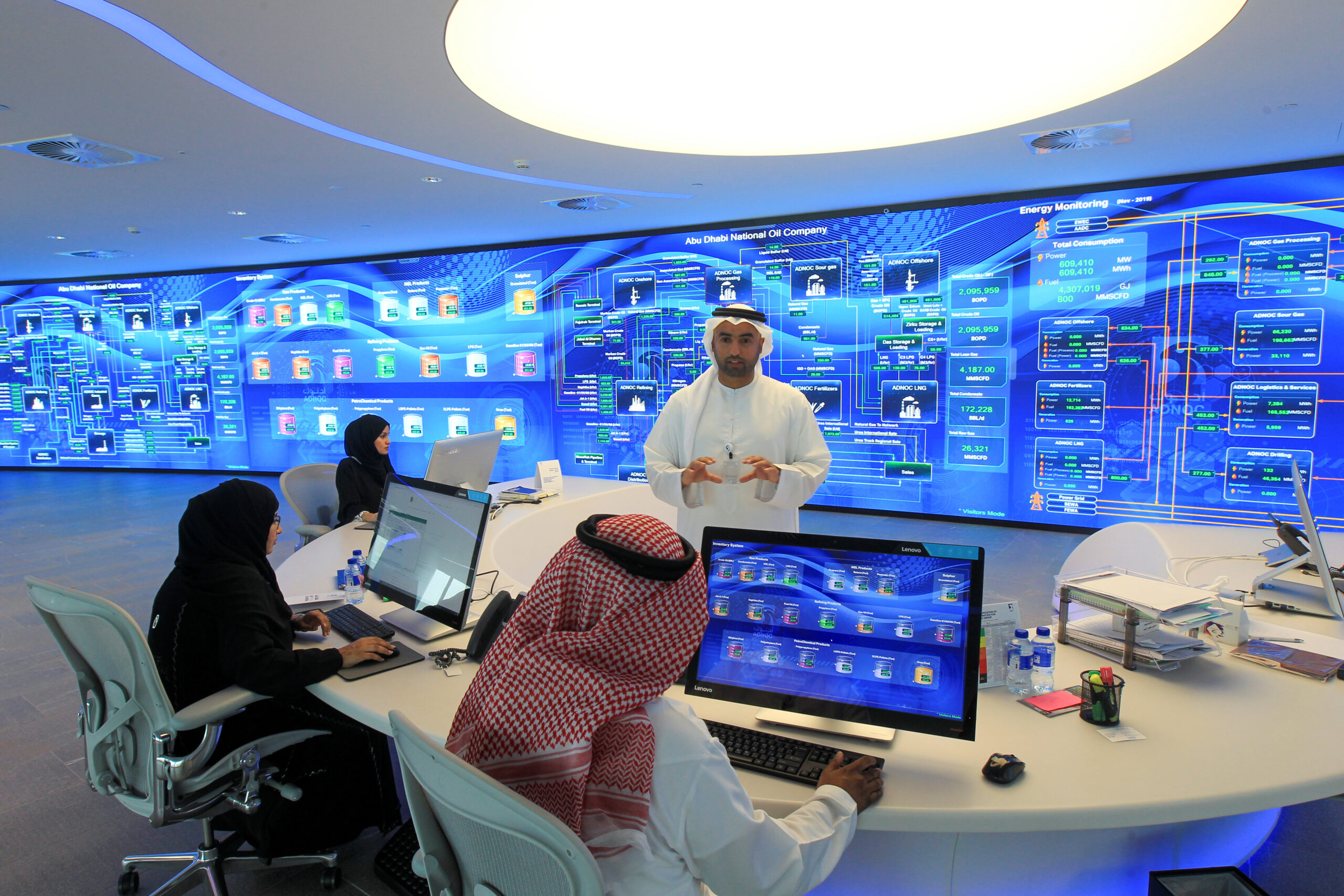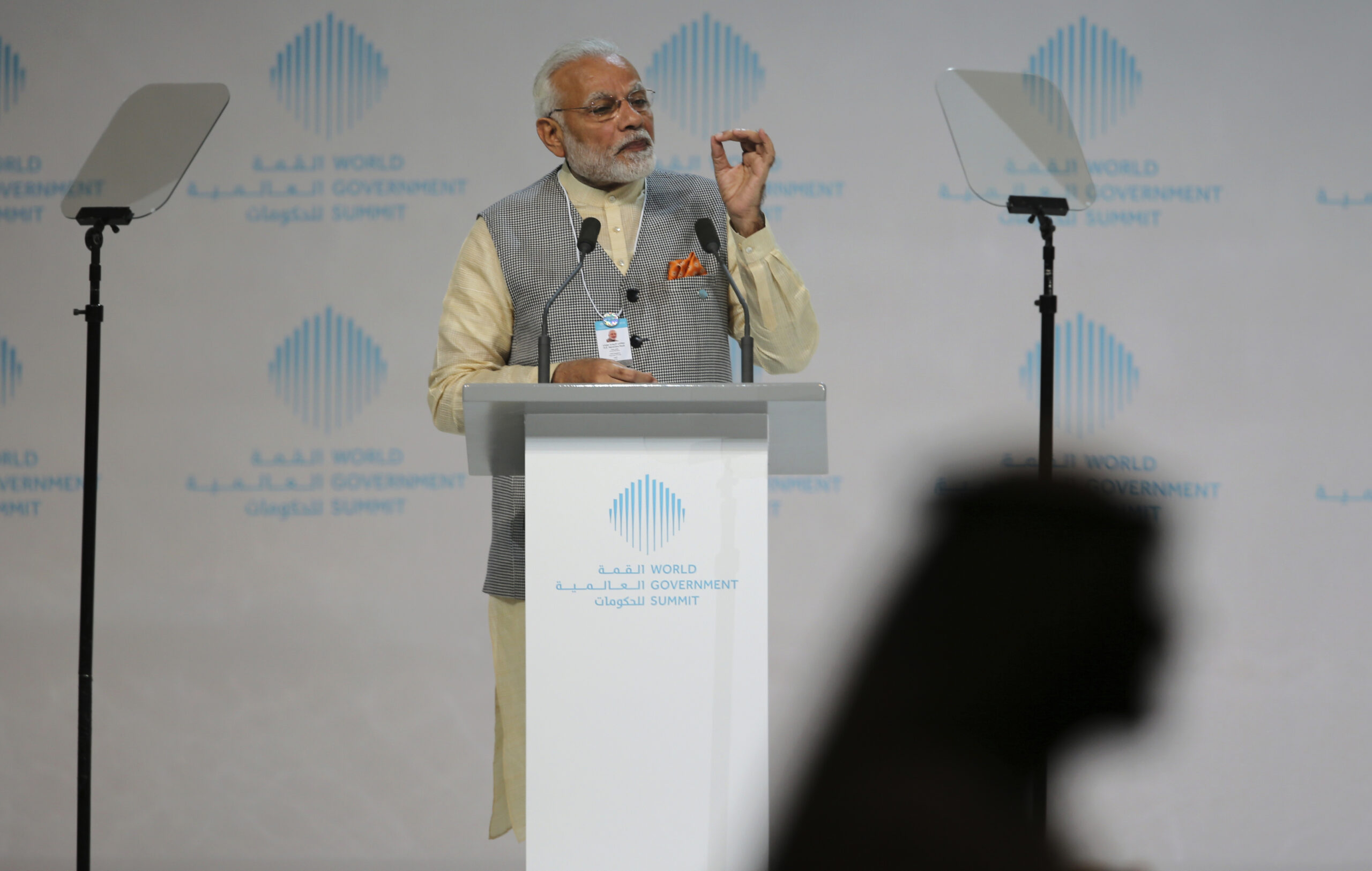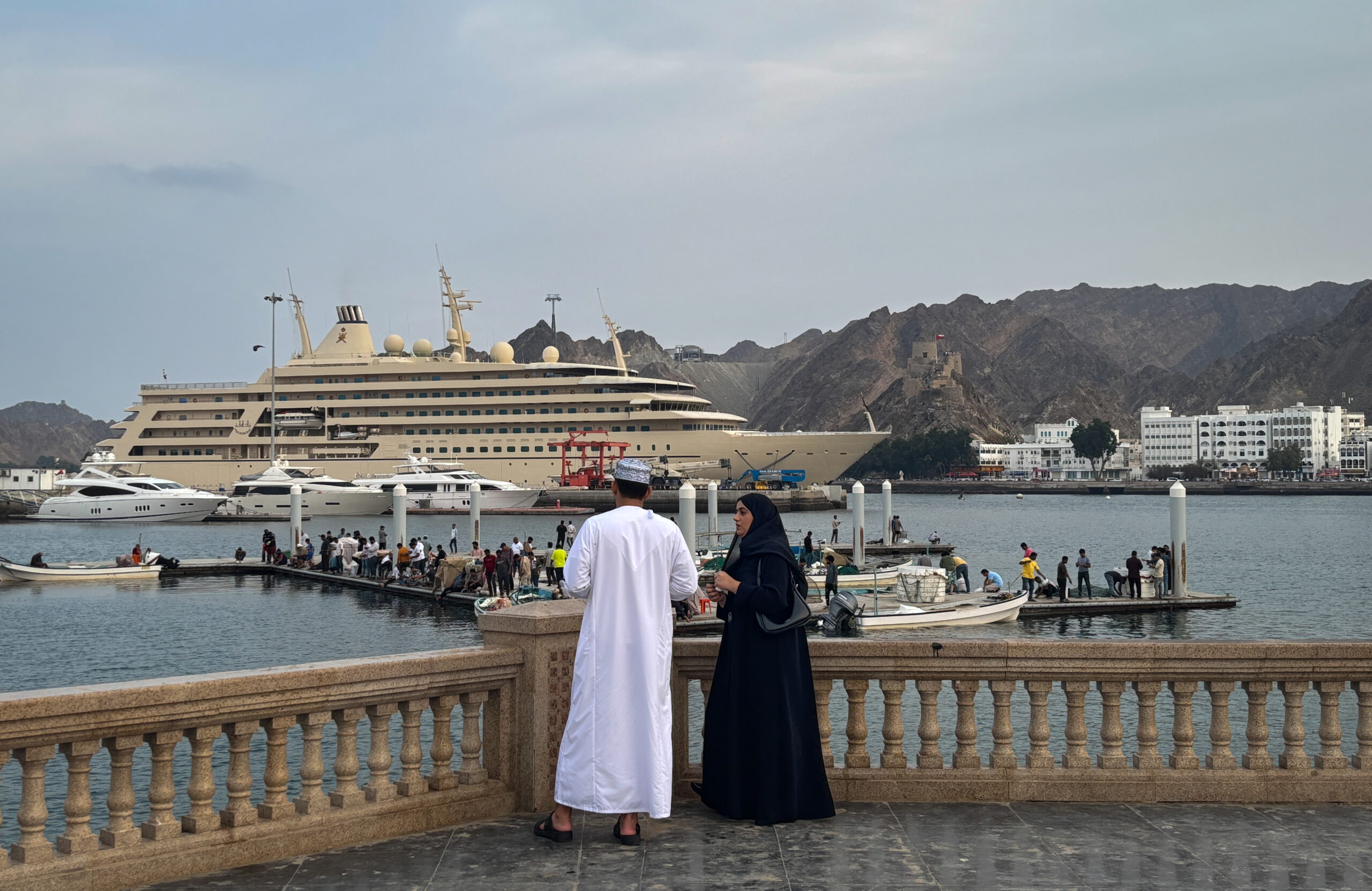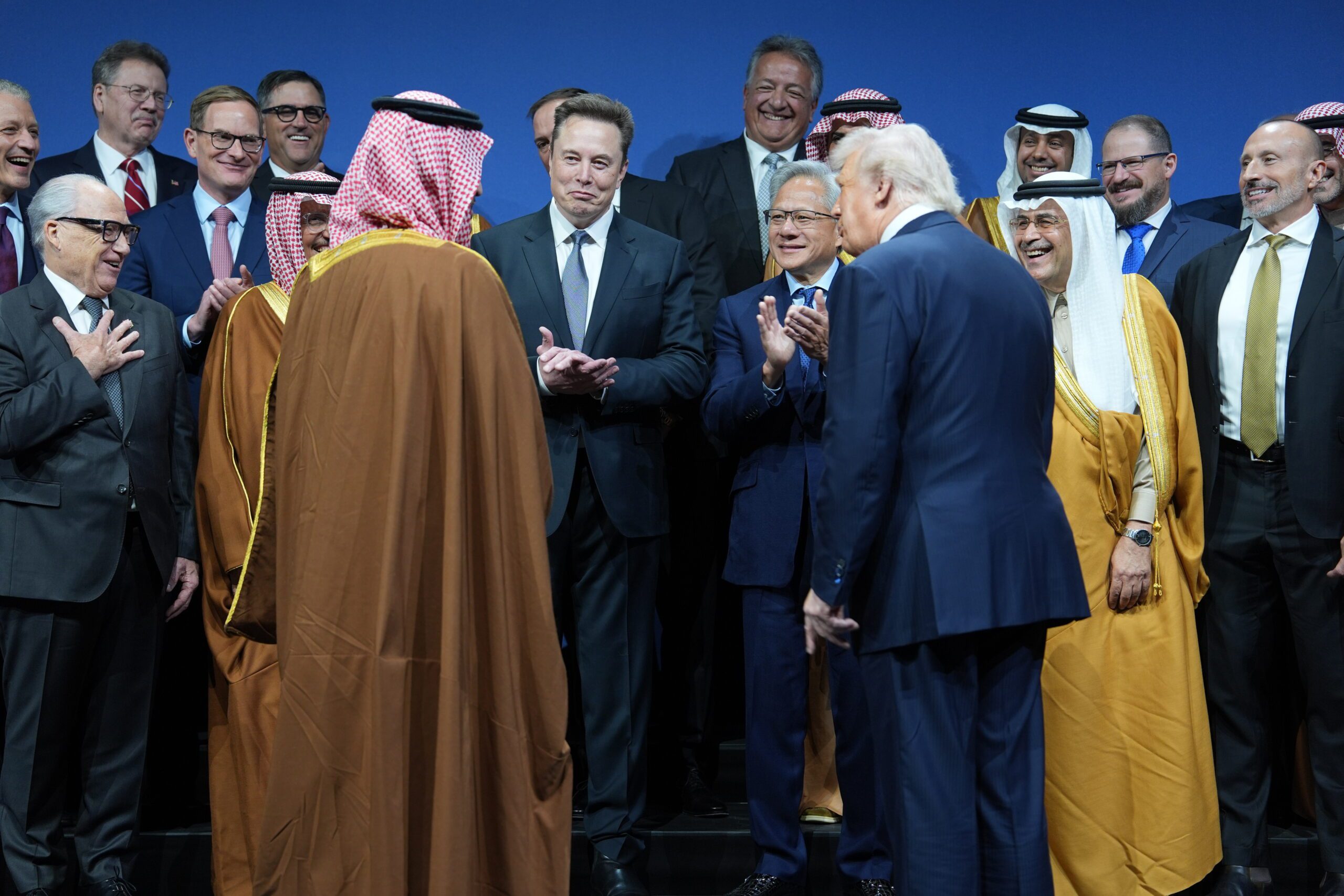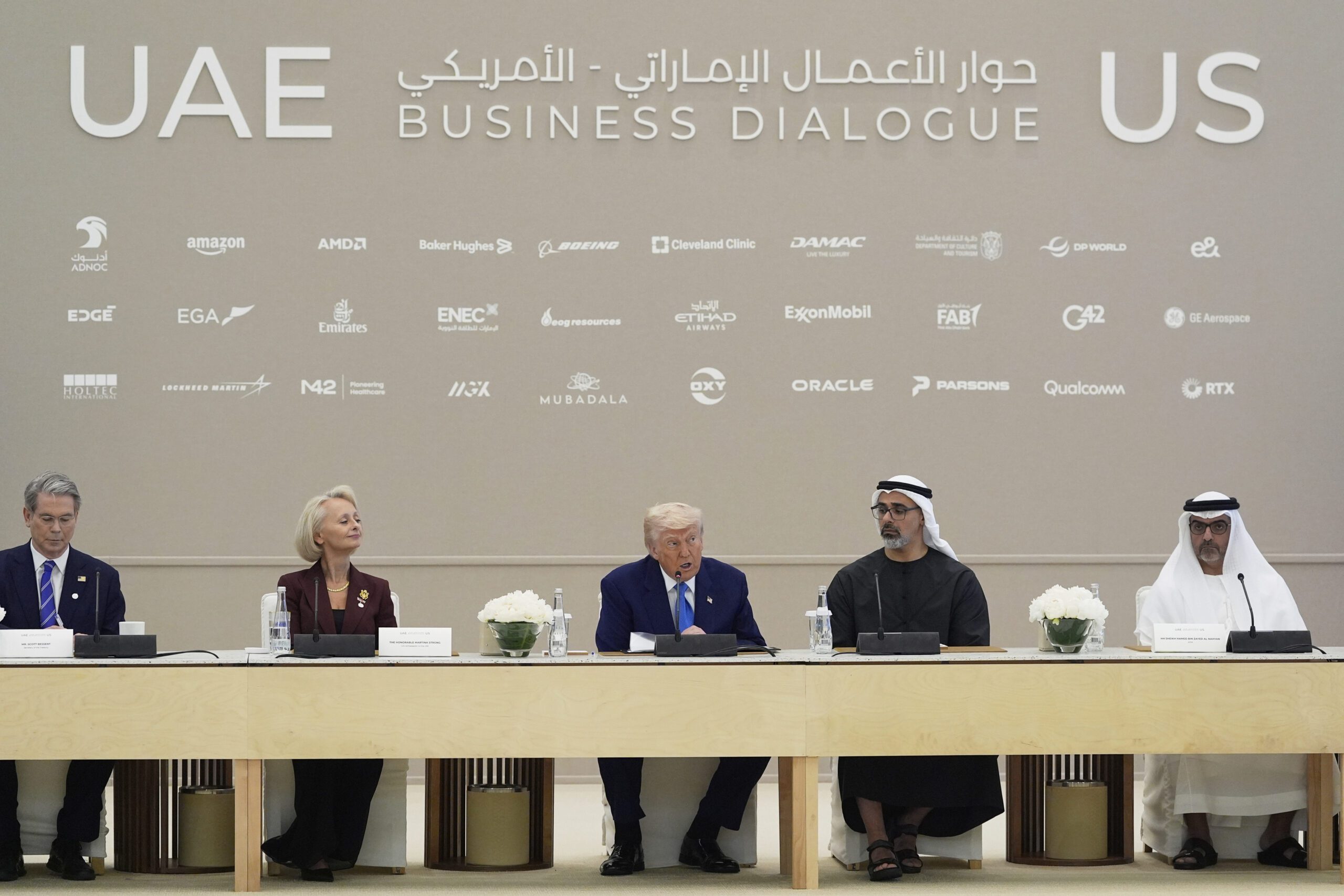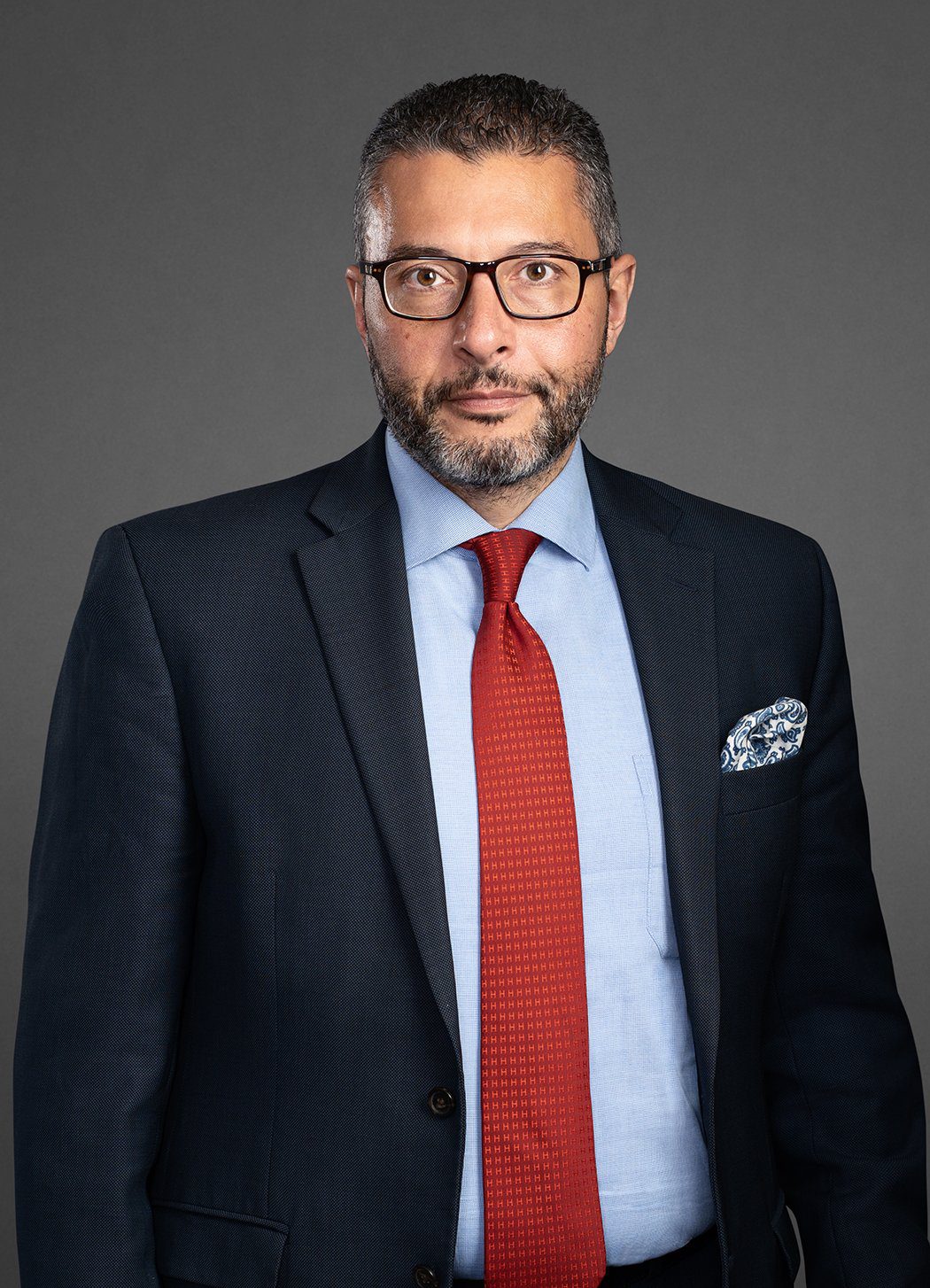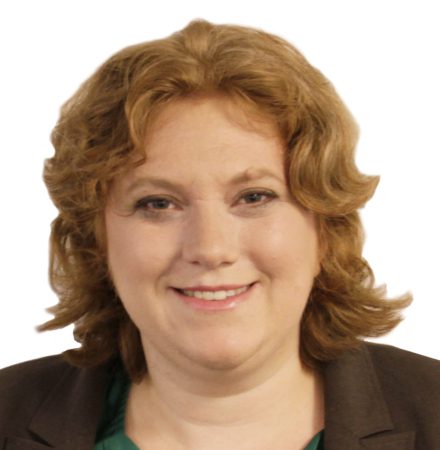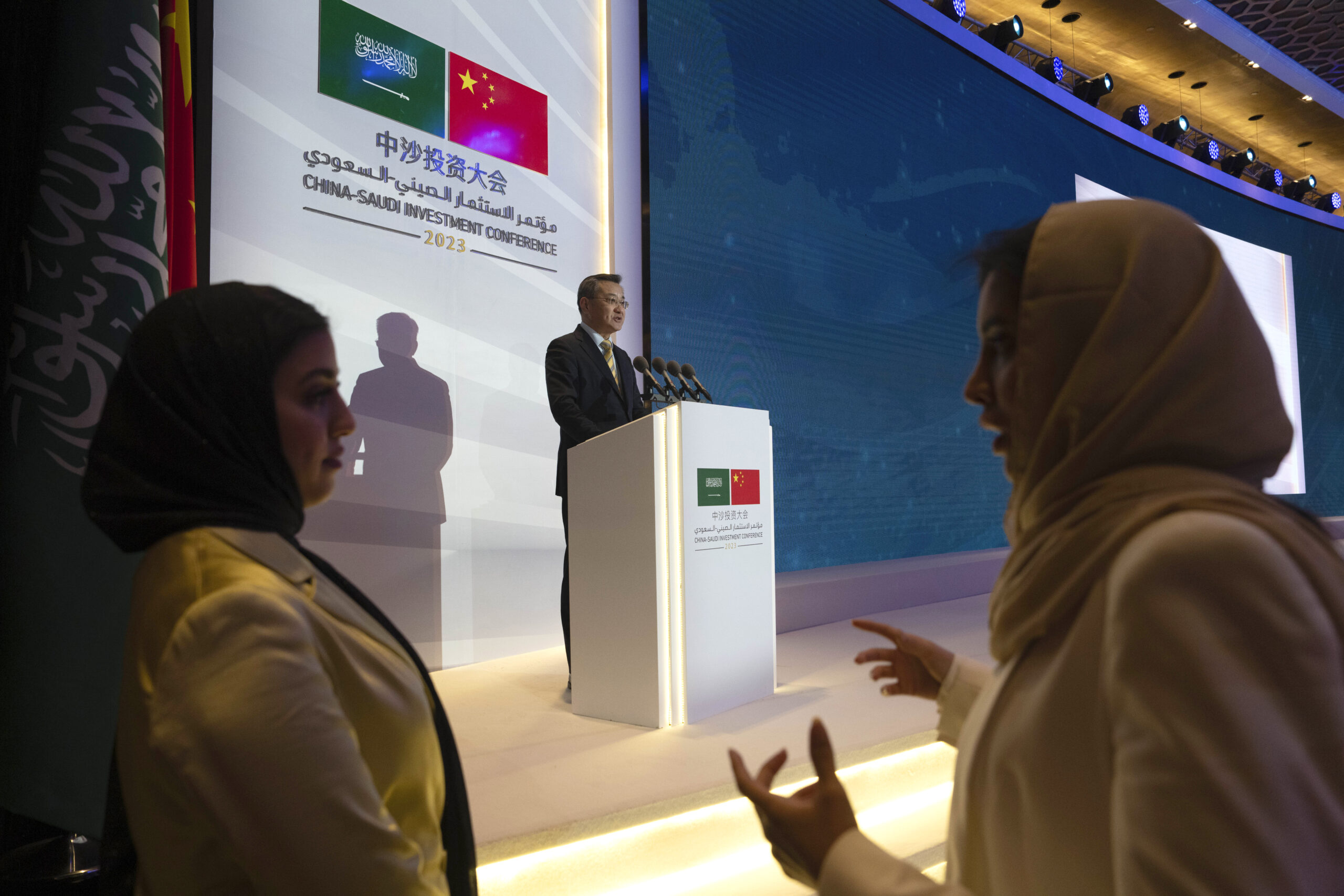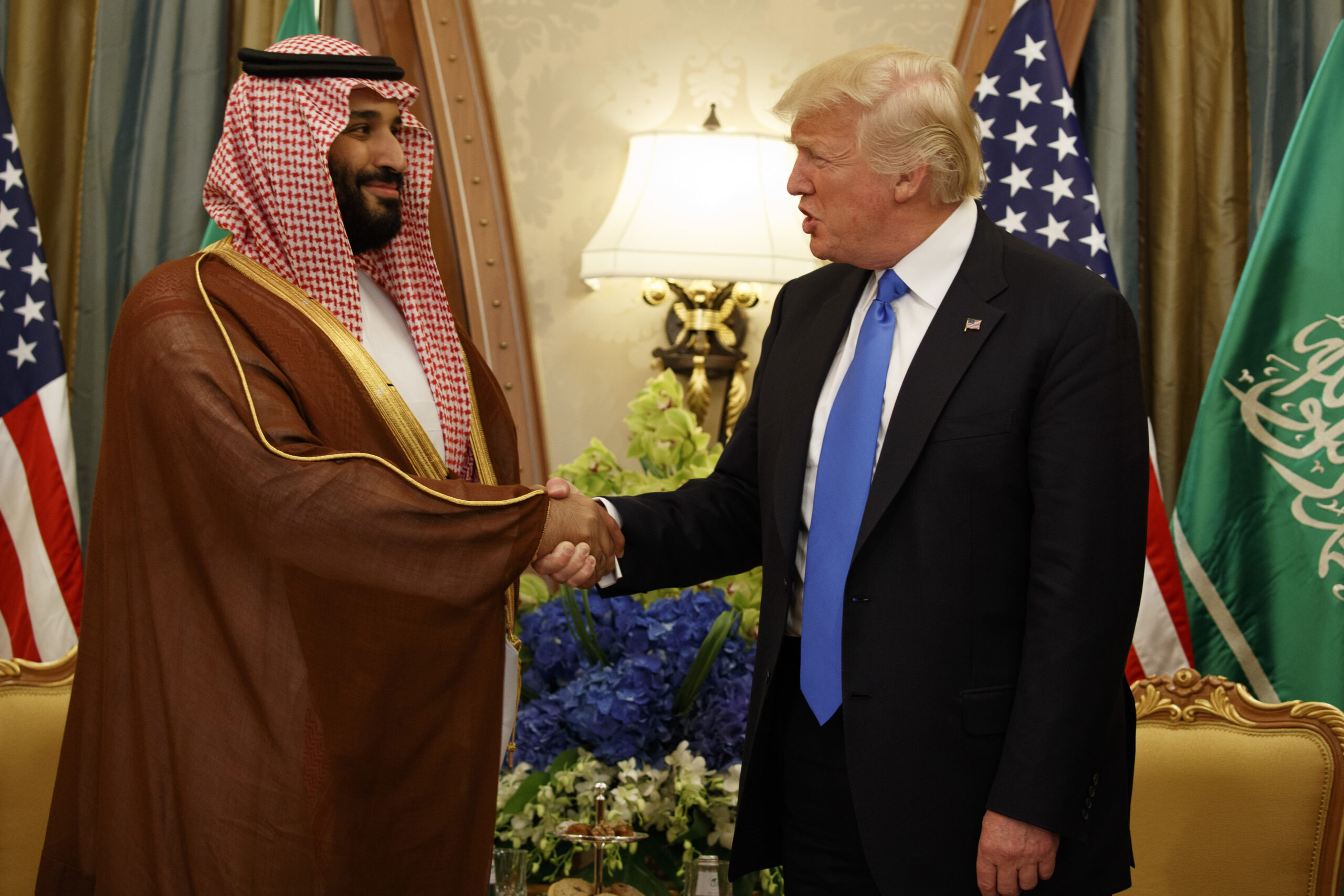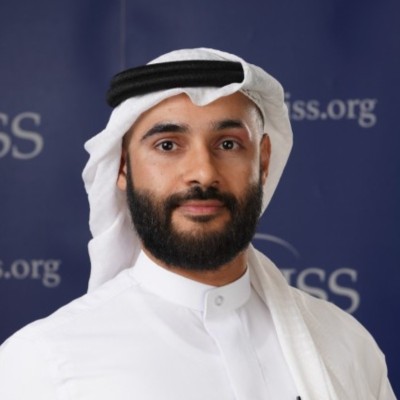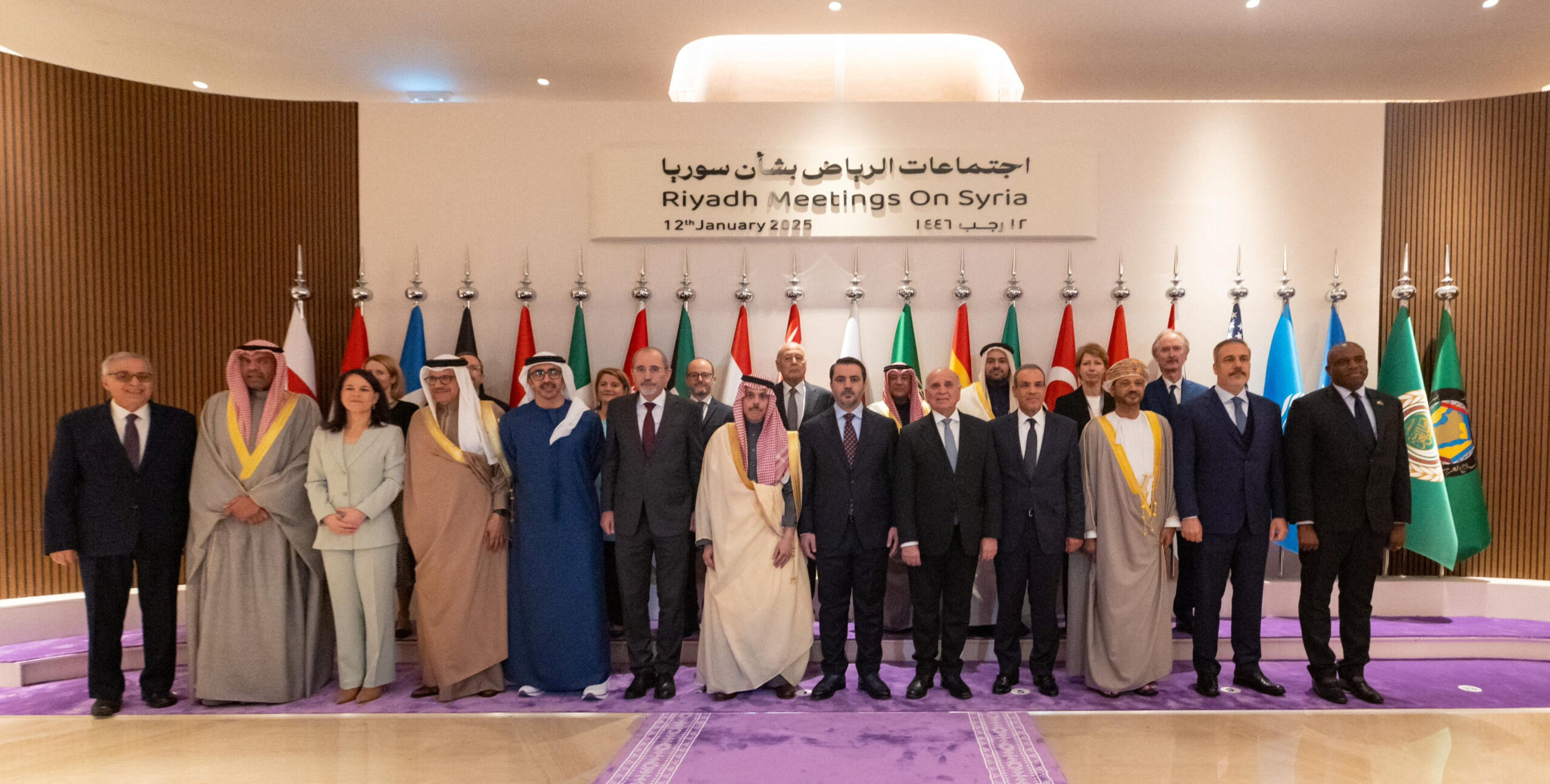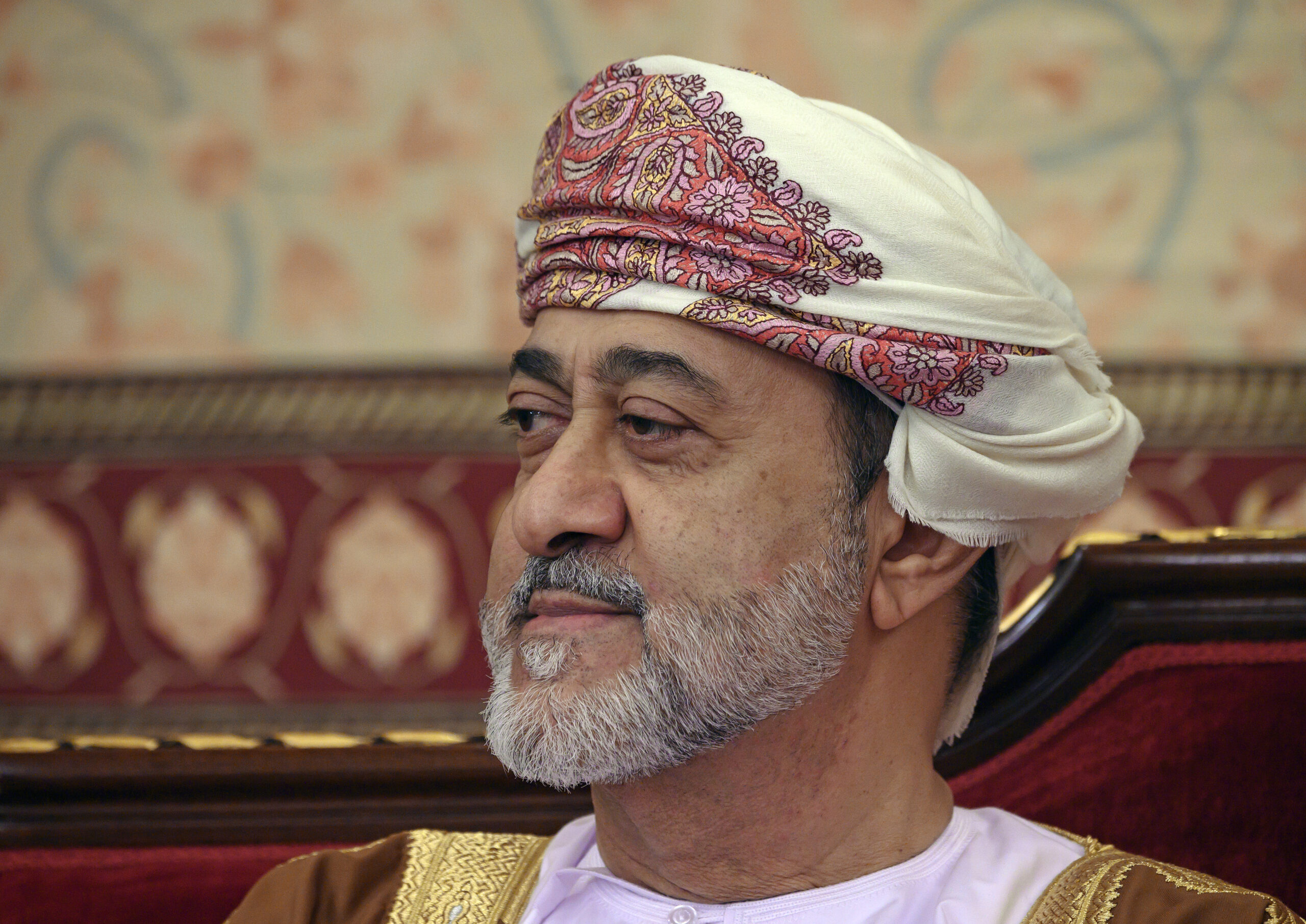
Sultan Haitham bin Tariq al-Said’s issuance of a royal decree on June 11 to establish a Cyber Defense Center in Oman brings into focus the Omani government’s broader technology agenda. While the late Sultan Qaboos bin Said is remembered for rapidly improving the country’s physical infrastructure, the new sultan is strategically positioned to develop Oman’s digital infrastructure. Advancing the country’s technology initiatives can address economic challenges that have assumed a new degree of urgency following the coronavirus outbreak and oil price rout in early 2020.
Oman lags behind many of its Gulf neighbors on the state-led technology development front. Other governments in the region have sought to carve out technology-related niches in their economic development strategies: smart cities and artificial intelligence in Dubai, cryptocurrencies in Abu Dhabi, data hosting and fintech in Bahrain, and autonomous logistics infrastructure in Qatar. As a late entrant, Oman’s government has the opportunity to learn lessons from its neighbors. It should prioritize comprehensive digitization, robust cybersecurity, and cost-effective entrepreneurial investments to establish a solid foundation for the country’s digital infrastructure.
Digitize
Digitization of government services can help to streamline spending and identify systemic inefficiencies. In August 2019, the Information Technology Authority planned to digitize 59 Omani government agencies and institutions by 2022 – a timeline that may need to be accelerated. Moody’s Investors Service cut Oman’s sovereign rating on June 23, citing dim prospects that the sultanate will be able to offset oil revenue losses without accumulating unsustainable debt or an erosion of its financial buffers. The rating agency expects Oman to post double-digit deficits for the next couple of years, and government debt is projected to rise to 89% of gross domestic product in 2021, up from 59% in 2019.
Digitization will serve as an important data support function as the government consolidates state-owned companies and seeks to improve the efficiency of existing sectoral clusters. The newly established Oman Investment Authority merged three fishery investments into a new entity, Oman Fisheries Development, on June 23. Oman’s other state-owned, sectoral clusters have rolled out new digital platforms and applications to improve efficiency and the customer experience. Asyad Group, the country’s integrated logistics provider, launched a logistics platform in April to help digitize the sector as well as Tawseel, a national cloud-based initiative designed to support startups and small and medium-sized enterprises with respect to last mile delivery, in June.
Omani officials hope that digital transformations will produce better services for citizens and generate new employment opportunities. Oman’s Ministry of Technology and Communications oversees the Oman Digital Strategy, known as e.oman, which aims to make government services “more efficient, automated and offered online to citizens, businesses, employees and other Government agencies.” As Omanis and expatriates confront the economic and social repercussions of the coronavirus pandemic and oil price collapse, smooth and effective digital government services are needed urgently. Officials expect that the country’s digital strategy will open up thousands of job opportunities for nationals in the information technology sector. Highly skilled jobs would be welcomed in a country with persistently high unemployment rates – estimates of Omani youth employment reach 49%.
Safeguard
The digitization of government processes and services poses security risks, as cyberspace is a fiercely contested arena in the Gulf. The Telecommunications Regulatory Authority in the United Arab Emirates responded to 34,000 cyberattacks in April alone. In Oman, reported incidents of malicious attacks on mobile users reached approximately 15,000 from January to June. Protecting the data of citizens and residents requires robust cybersecurity protocols. Malign digital actors or unintentional technology issues can also disrupt critical infrastructure. Desalination plants, power facilities, and electrical grids are central for the safety and well-being of Omani citizens and foreign residents.
Robust cyber defenses are also a commercial imperative. The valuation of state assets being considered for privatization will increasingly depend on cybersecurity risk exposure. Oman’s government raised $1 billion by selling a 49% stake in the Oman Electricity Transmission Company to the State Grid Corporation of China in late 2019. Selling state assets is an important component of Oman’s strategy to plug expected deficits over the coming years. Shifting workplace norms and changing consumer behavior likewise present new opportunities to cybercriminals and other malign actors. Therefore, foreign firms seeking to invest in Oman will weigh the associated cybersecurity risks and the availability of government support systems.
Invest
As governments are not always in tune with market needs, entrepreneurs and private sector actors have a vital role to play in the development of Oman’s digital infrastructure. Knowledge Oasis Muscat, a technology-focused free zone created in 2003, contains 190 local and international firms. It currently serves as the site for a smart cities pilot project launched by the Ministry of Technology and Communications in coordination with state-owned entities, Cisco, and Bahwan Information Technology. The Oman Investment Authority oversees Oman Technology Fund, a $200 million investment vehicle with a geographic focus on Oman and the Middle East. In March, the fund allocated $2.6 million in investments to Omani technology companies that advance innovation.
Oman will need to establish foreign partnerships to advance its digital infrastructure initiatives and develop the associated human resources. On June 14, the Ministry of Information and Communications signed a memorandum of cooperation with Cisco International Limited to develop the sultanate’s information and communications technology sector. Earlier in May, the ministry inked a similar agreement with Huawei to advance the sultanate’s digital society and support growth in the ICT sector.
Foreign firms interested in securing future contracts with the Omani government and state-owned entities should demonstrate in-country value by filling skills gaps in the local labor market. As part of their recent agreements, Cisco and Huawei will conduct workshops, trainings, and other capacity-building exercises in Oman. This approach is common across the larger markets of the Gulf. In the UAE, Facebook partnered with the Khalifa Fund for Enterprise Development to launch a program that will train 1,300 female entrepreneurs, while Microsoft established a technology-focused training program for Emiratis.
Sultan Qaboos University plans to host an international conference on how economic and digital transformation can accomplish Oman’s Vision 2040. Event planners recently postponed the conference – originally scheduled for October – because of public health concerns. The coronavirus outbreak and energy market outlook have raised the stakes for what might have been in previous years a casual academic gathering. Instead, these types of initiatives may lay the digital building blocks for Haitham’s nascent legacy, but plenty of challenges lie ahead.
The views represented herein are the author's or speaker's own and do not necessarily reflect the views of AGSI, its staff, or its board of directors.

